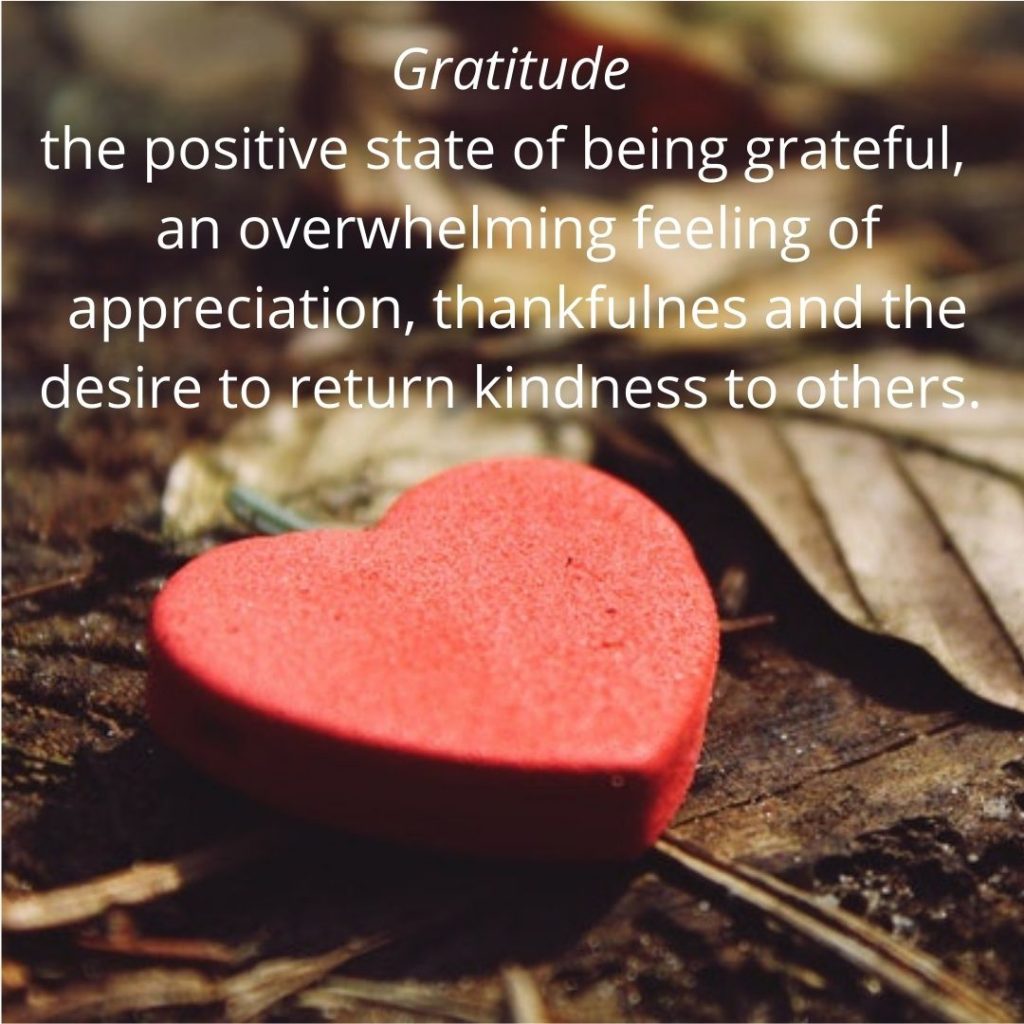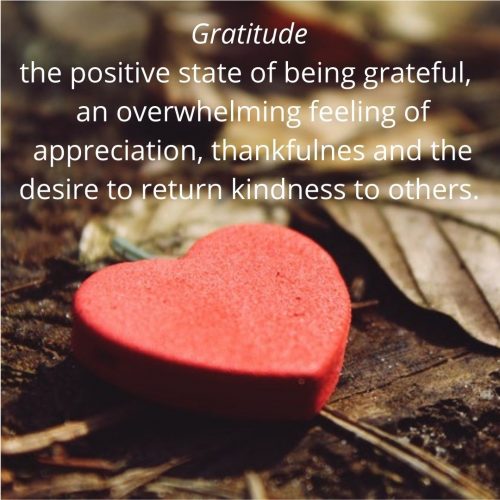By Dr. Robbie Lloyd

Scientists have long studied how humans operate according to our mindset, the set of attitudes and linked behaviours that we all carry around, based on our perceptions about ourselves and our world.
It turns out that what we think is what usually comes about in our lives. Think negative thoughts all day long and you’ll definitely end up in a negative place consistently. But looking for things to appreciate and be grateful for will make you feel hopeful and motivated to keep going.
So the twelve step movement of Alcoholics Anonymous was right, back in the early part of last century, when it started teaching that “an attitude of gratitude” is what will most help us all to heal and grow well. If we can appreciate things in our everyday life, we can live a happier existence.
The other thing that research has shown, especially about young people living in a world fraught with the challenges of climate crisis, economic restructuring, high house prices, and hugely insecure job markets and casualised work etc, is that taking action for things you believe in is a strong way to stay sane and positive, even when the cause you believe in may seem hopeless.
Taking action for something hopeful is life giving in itself. Mother Teresa, Dorothy Day, Nelson Mandela, Mahatma Ghandi and Martin Luther King all spring to mind as examples of people who inspired others, by working towards changes that seemed impossible at the time.
In our current situation of refugee crisis and environmental disaster, there is strong reason to work together for change, even if our political leaders are slow to respond. Getting together locally, with use of virtual technology and safe physical distancing until we can get back together face-to-face, is a simple way to shift things from feeling overwhelmed, despondent and hopeless, to feeling positive and motivated for a hopeful future.
So let yourself feel the real sense of despair and then get on with meeting up with others to find the hope in shared action for change together. As Elizabeth Kubler Ross taught years ago in her work supporting people with terminal illness, “when what you’ve been doing hasn’t been working, do something different!”


